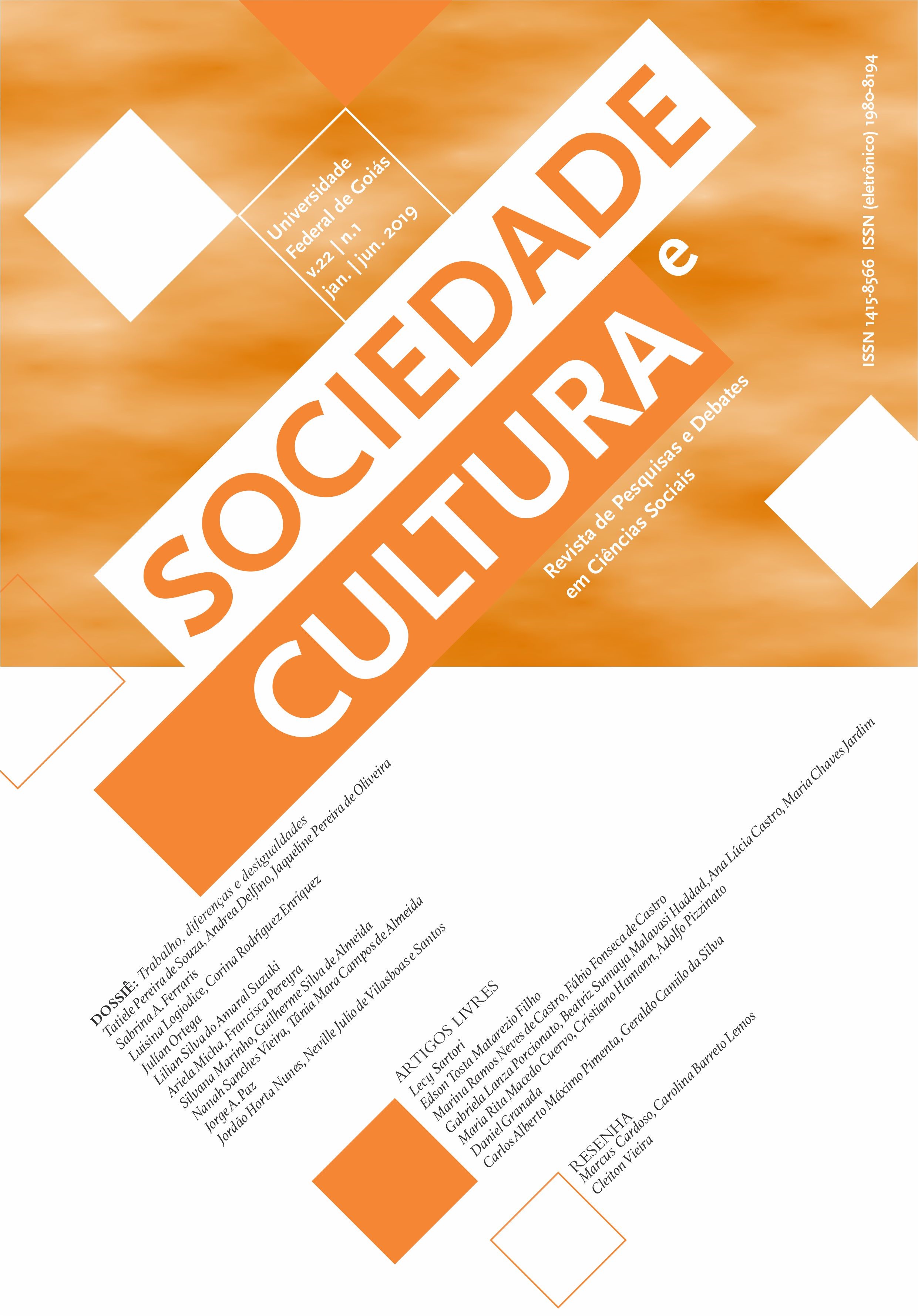Antropologia da política e “cultura de auditoria": etnografia da política de financiamento em saúde mental
DOI:
https://doi.org/10.5216/sec.v22i1.47646Resumo
Este texto pretende apontar como o material etnográfico sobre o financiamento em saúde mental conduz a uma revisão bibliográfica acerca do modo de produção da politica e da cultura de auditoria. Mais especificamente, tratará da forma como os interlocutores da pesquisa fabricam a política de financiamento por meio de um Convênio de Cogestão. Para essa discussão lançarei mão dos estudos da antropologia da política. De forma complementar, apresento as contribuições de Marilyn Strathern e Cris Shore para o debate na medida em que elaboram reflexões para entender a cultura de auditoria. A ideia do artigo é apresentar o modo como discussões teóricas e bibliográficas emergem desse campo de pesquisa etnográfico.
Downloads
Downloads
Publicado
Como Citar
Edição
Seção
Licença
Autores/as que publicam nesta revista concordam com os seguintes termos:
- Autores/as mantêm os direitos autorais e concedem à revista o direito de primeira publicação, sendo o trabalho simultaneamente licenciado sob a Creative Commons Attribution License, o que permite o compartilhamento do trabalho com reconhecimento de autoria e da publicação inicial nesta revista.
- Autores/as têm autorização para assumir contratos adicionais separadamente, para distribuição não exclusiva da versão do trabalho publicada nesta revista (ex.: publicar em repositório institucional ou como capítulo de livro), com reconhecimento de autoria e da publicação inicial nesta revista.
- Autores/as têm permissão e são estimulados/as a publicar e a distribuir seu trabalho online (ex.: em repositórios institucionais ou na sua página pessoal) a qualquer ponto antes ou durante o processo editorial, já que isso pode gerar alterações produtivas, bem como aumentar o impacto e a citação do trabalho publicado (veja O Efeito do Acesso Livre).


 Esta revista está licenciada sob a licença
Esta revista está licenciada sob a licença 
